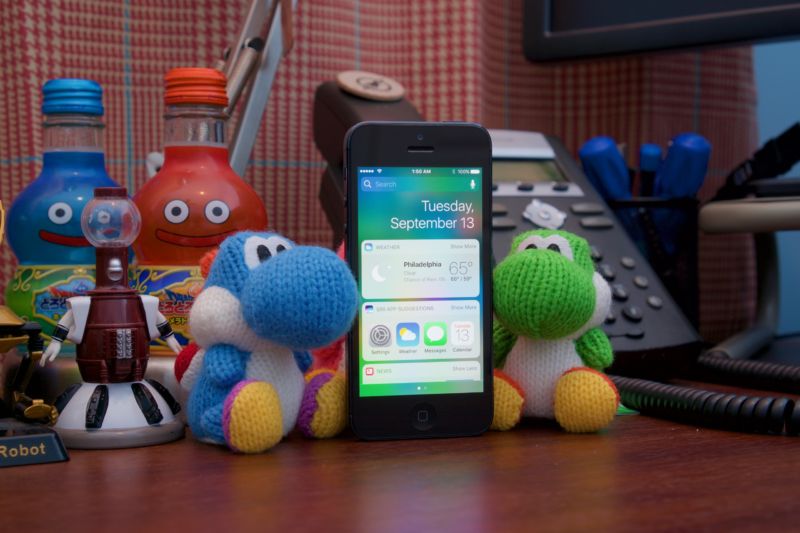
SAN JOSE, Calif.—When Apple releases the next version of iOS in the fall, it’s going to leave a handful of older iDevices behind. This year, two phones and one tablet are getting the axe: 2012’s iPhone 5 and fourth-generation iPad, and 2013’s iPhone 5C.
These iPhones and iPads are definitely slower than their newer counterparts, but this time around the compatibility cutoff has less to do with things like RAM or raw performance. These three gadgets are the last iDevices to use 32-bit processors (the Apple A6 in the iPhones, the A6X in the iPad); beginning with the iPhone 5S and the iPad Air in 2013, all of Apple’s iPhones, iPads, and iPods since have included 64-bit chips.
iOS 11 will run on:
- The iPhone 5S, 6, 6 Plus, 6S, 6S Plus, SE, 7, and 7 Plus.
- The iPad Air and Air 2; the iPad Mini 2, 3, and 4; the fifth-generation iPad; and all iPad Pros.
- The sixth-generation iPod Touch.
These newer 64-bit devices running iOS 11 will also lose their ability to run older 32-bit software, something Apple has been warning developers about for nearly a year. In the short term, dropping this old hardware and software can free up valuable RAM and storage space for new features. In the long run it could even allow Apple to build processors without 32-bit backward compatibility—the space that would’ve been spent on those transistors could also be used for other things.
The final version of iOS 11 will be released this fall, and as usual Apple will issue a series of betas to developers and to the general public starting today.
reader comments
73